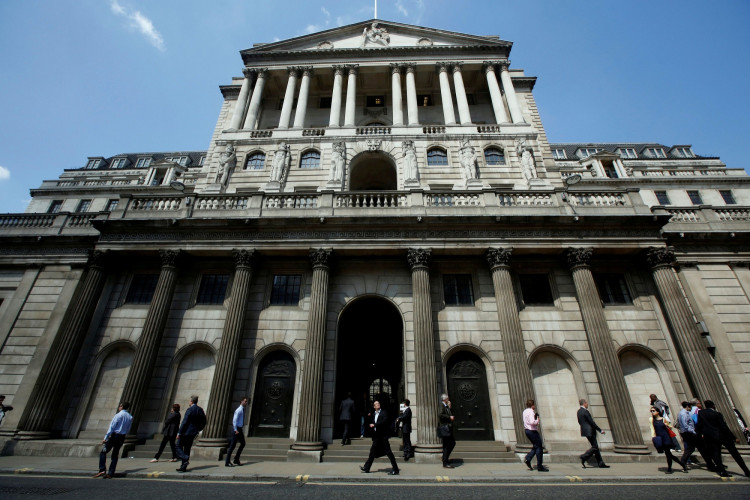The Bank of England (BOE) has taken a cautious step towards potentially lowering interest rates, as its Monetary Policy Committee (MPC) voted 7-2 to maintain rates at their current level of 5.25%. The decision, which marks the sixth consecutive meeting where rates have been held steady, comes as Deputy Governor Dave Ramsden joined Swati Dhingra in voting for a cut to 5%, signaling a growing inclination towards a rate reduction.
In a press conference following the announcement, BOE Governor Andrew Bailey emphasized the importance of monitoring upcoming data releases, stating that "June is not a fait accompli, but each meeting is a new decision." This cautious messaging differs slightly from that of the European Central Bank, which has firmly guided for a June rate cut barring a major inflationary shock.
The BOE's decision to stress the significance of forthcoming data has added a new line to its monetary policy statement, indicating that the central bank will "consider forthcoming data releases and how these inform the assessment that the risks from inflation persistence are receding." This statement suggests that the MPC is willing to change its stance based on the data, with two consumer price index prints and two sets of wage growth data due before the next meeting on June 20.
Despite maintaining rates, Governor Bailey expressed optimism about the direction of inflation, stating that the latest figures were "encouraging, but we are not yet at a point where we can cut Bank Rates." The BOE expects UK headline inflation to drop dramatically in April due to lower energy prices, potentially falling below the central bank's 2% target, according to some projections.
The BOE's cautious approach to rate cuts is in contrast to the more decisive actions taken by the National Bank of Switzerland and Sweden's Riksbank, which have already reduced rates. This puts Europe's central banks on a swifter timeline than the U.S. Federal Reserve, which is expected to hold rates for longer.
Paul Dales, chief UK economist at Capital Economics, noted that the BOE's repetition of previous messaging on monetary policy remaining restrictive for "sufficiently long" and for "an extended period" suggests that the central bank is not implying a definite rate cut at the next policy meeting in June. However, he added that the new line about considering forthcoming data releases implies that the MPC is willing to change its stance based on the data, with wage data potentially determining whether a cut falls in June or August.
The BOE's move towards a potential rate cut comes as a potential boost for Prime Minister Rishi Sunak, who has been struggling to reduce the opposition Labour Party's significant lead in opinion polls ahead of an election later this year. The central bank slightly lifted its growth forecasts for the UK economy, expecting 0.5% growth in gross domestic product over 2024, up from 0.25% in its February forecast.




